For a list of my publications including citations etc please check out my googlescholar profile.
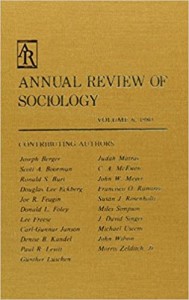
I’m so happy about this publication with Melinda Mills. After working 10 years together co-developing the field of sociogenomics and publishing across scientific journals, we've come full circle and returned to our academic roots – sociology. In this Annual Review article, we provide a brief history of the post-2005 GWAS era and details about genetic discoveries in social sciences on fertility, educational attainment, intergenerational social mobility, well-being, addiction, risky behavior, and longevity. We discuss the use of polygenic scores, genetic causality, gene-environment interaction, and how all this relates to core topics in sociology. We maintain critical attention to the lack of genetic diversity across genetic research, as well as non-representativity of samples and broader policy implications.
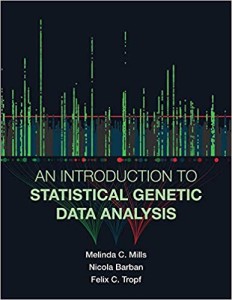
Together with Melinda Mills and Nicola Barban, I wrote this textbook on genetic data analysis. It turned out really well and if you are interested in this kind of research, this book is comprehensive, picks you up at zero knowledge, has practical examples, is engagingly written - really thanks to Melinda. Jeremy Freese from Stanford says: "Contemporary genetic data offers many opportunities, and this book is easily the best available introduction. What is marvelous about the book is how comprehensive and sophisticated it is while remaining clear throughout. The way the book weaves together its explanations with software examples makes it a perfect companion for anyone wanting to better understand what these methods have to offer and how a researcher can actually use them". You can order a copy here. check it out.
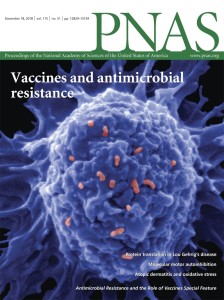
Together with Per Engzell, I show how heritability of educational attainment rises with higher social mobility - a lower parent-offspring correlation in education. Our findings published in PNAS, suggest that policies which are meant to equalize opportunities at birth are kind of successful, reducing the impact of family environment on eduational attainment. At the same time, genes become relatively – not in absolute terms – more important, motivating research furthering our understanding of the molecular base of educational attainment. It's a short article - check it out. Article Interview Blog
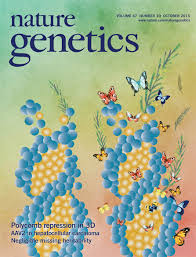
Together with the sociogenome gang, I discovered genes associated with fertility behaviour. Lessons to learn are that it looks like these genes are more important for behaivour and especially are associated with education - like in demography - than for physiological traits whilst there is evidence for biological fertility issues for men - a very neglected topic. Always, genetics of fertility says something about ongoing natural selection, that some genes are more frequent in subsequent generations than others. Our new discoveries with larger samples are on the way. Stay tuned. Article Interviews Blog
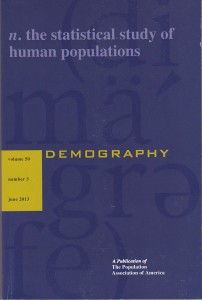
Together with the Jornt, I showed that the educational expansion is maybe not the main driver of fertility postponement. This is a big deal in Demography, since on the population level, it is so well established that educaitonal expansion and fertility postponement go together. There are a couple of articles challenging our findings and obviously the question remains what is resposible for the massive fertility postponement in the developed world during the second half of the 20th century. Nonetheless, we are preparing the next manuscript with evidence from serval Western countries. Stay tuned. Article Interviews Blog

Together with the sociogenome gang, I published this personal landmark paper in Nature Human Behaviour, where we made it on the cover. The details of this paper are a bit complicated, the questions super simple. Are the same genes associated with fertility and education in different countries and at different points in time? This was the first study to ask that questions and we find that there is common nucleous but it's not all the same. This has massive implications for genetic discovery, methods develpment, missing heritability, our idea of genetic determinism and also human evolution. Simulations disentangle population genetics from gene-environment interaction – a very timely goal. In short, I recommend it. I'm working on follow-ups. Article Interviews Blog